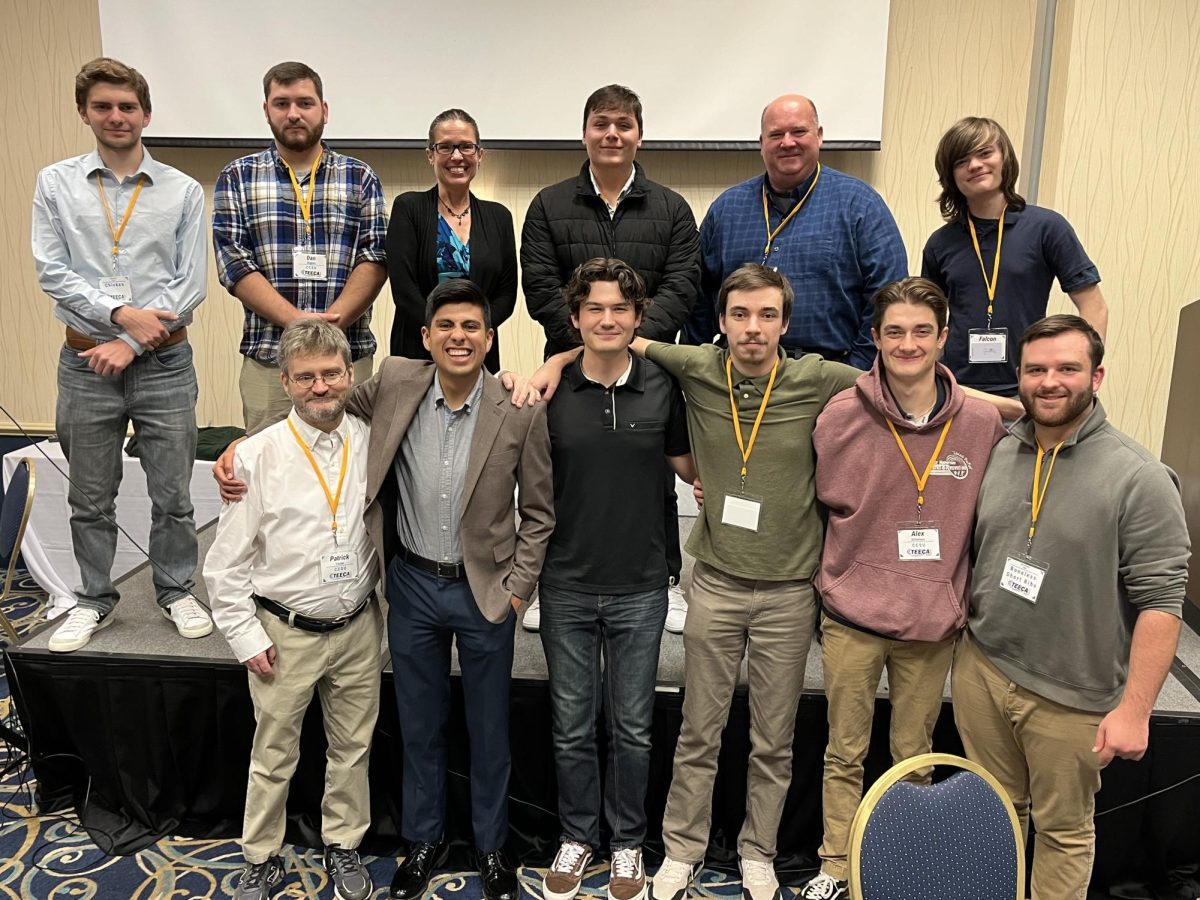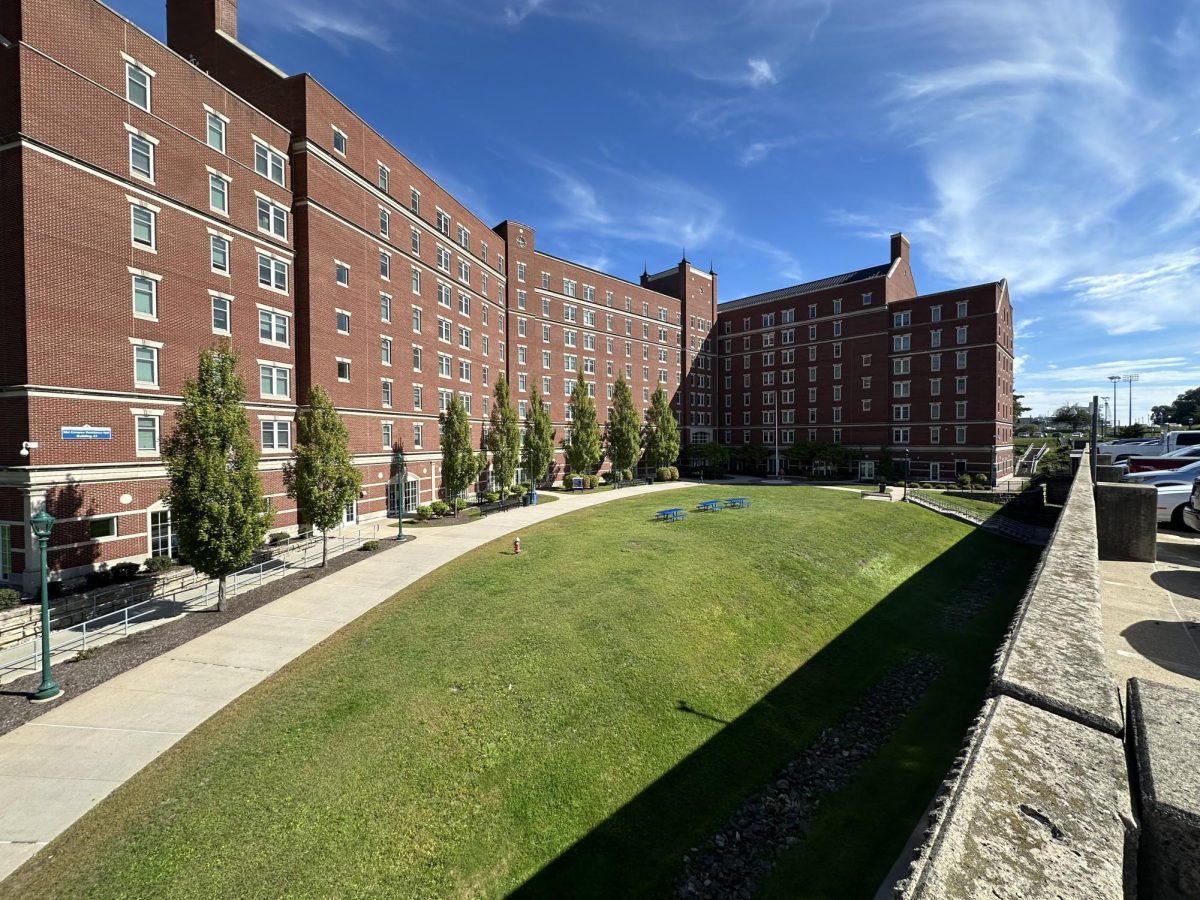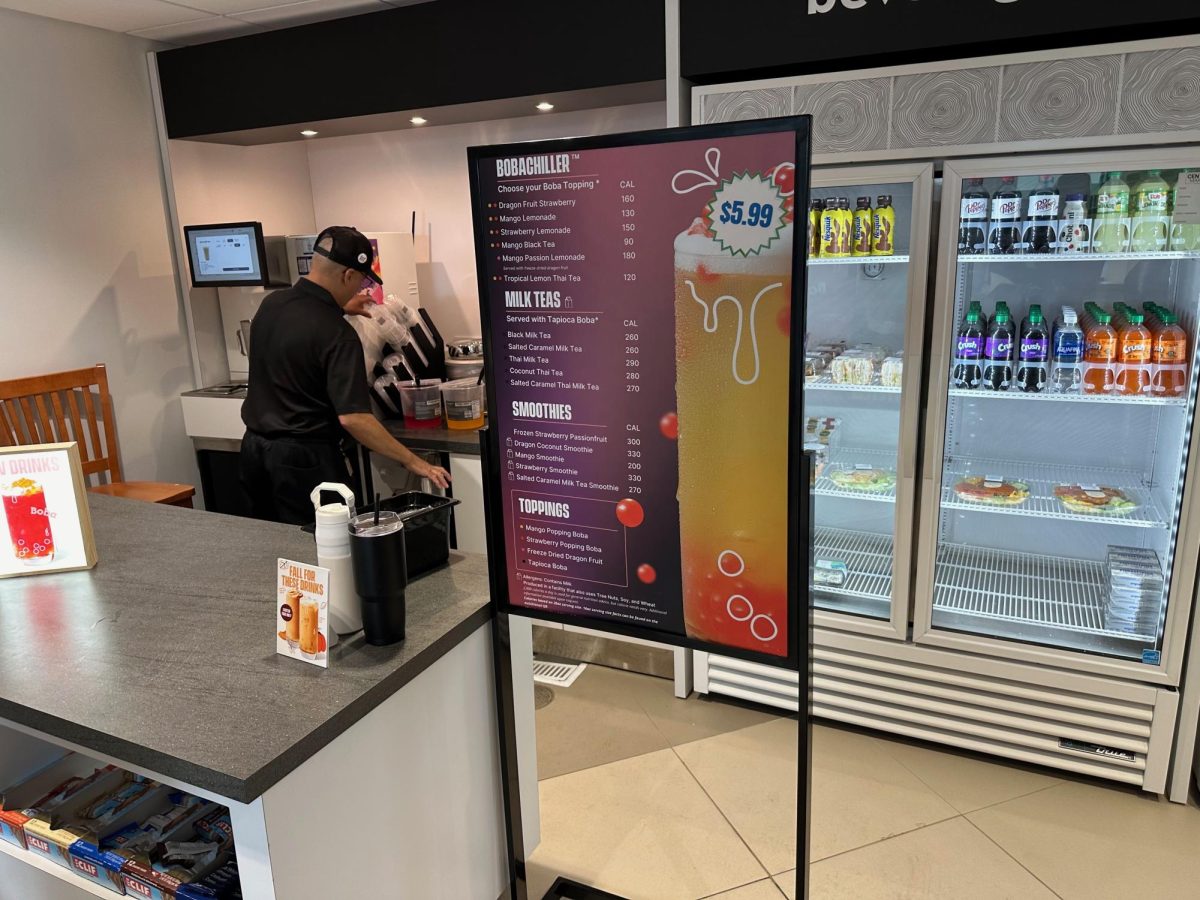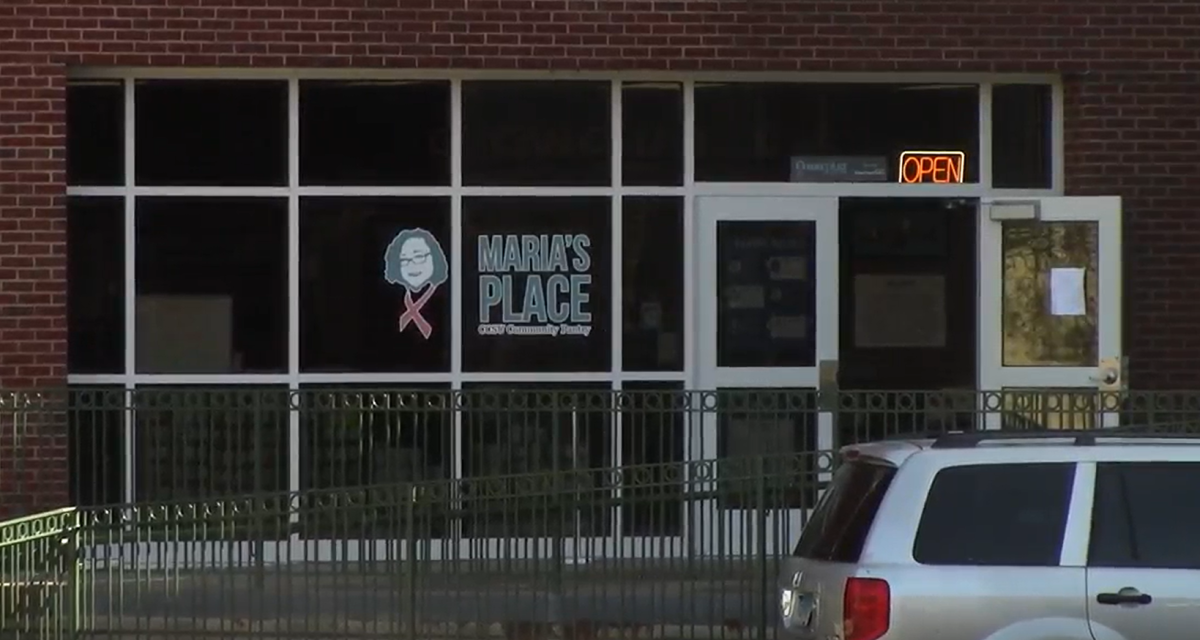Central Connecticut State University said it will fund the travel expenses for Dr. James DeLaura, the chair of the Technology & Engineering Education department and a wheelchair user, after the Student Government Association denied a $3,000 request for accessible transportation to a conference.
The decision comes after a vote to provide the Technology & Engineering Education Collegiate Association (TEECA) club with $3,000 to rent a handicap-accessible bus failed during the Student Government Association (SGA) meeting on Wednesday, Oct. 2.
Ryan Zamboni, the president of TEECA, said after the vote he had a hard conversation with Dr. DeLaura who was upset by the SGA’s decision.
“I had to have a really awkward conversation with Dr. DeLaura where I brought up the SGA’s concerns and their thoughts,” Zamboni said. “I had never seen him look so defeated. He seemed to take all the blame for it. He was deeply upset about this because it makes the disabled person feel really in the way. It makes them feel like a big hassle.”
Jodi Latina, the university spokesperson, said in a written statement on Thursday, Oct. 10 that the university supported the trip.
“University leadership supports the initiative and understands the club members may not have been aware of other funding opportunities for faculty professional development,” she said.
The motion was voted on twice during the SGA meeting, with the first vote failing as several senators abstained. Senator Favor Uwaya moved to reconsider the motion and said that failure to provide the funding could make the SGA look “ableist.” The second vote also failed.
Logan Palardy, president of the SGA, was one of the few that abstained from voting. He said he did not want to pass the motion without unanimity from the senate.
“It’s a complicated motion,” Palardy said. “I think if the senate couldn’t pass it themselves, then it’s not my job to force something through.”
DeLaura said the SGA would have approved the funding if it were a student in a wheelchair instead of a faculty member. He added that the situation made him feel like a burden, and that he was preventing members of TEECA from going on the conference trip.
DeLaura said he could have filed a discrimination complaint to the Connecticut Commision on Human Rights and Opportunities (CHRO) because of the SGA decision, but that he did not want to make it a larger issue.
“They can’t deny access to an individual because they need a wheelchair lift. That’s actually state and federal law,” DeLaura said. “But I didn’t want to embarrass anybody by calling the CHRO. I didn’t want to make it that kind of an issue. I don’t want anybody to get in trouble. But it’s an awareness thing. We need to let the senators know that it’s not appropriate at all.”
The TEECA club is scheduled to attend the annual TEECA East Conference which takes place in Rehoboth Beach, Delaware between Nov. 7-9. Zamboni said that the conference is a chance to network and compete against other universities in different educational and engineering challenges.
Zamboni said this was the first time in recent years the SGA had denied the club funding for the trip.
“No other years did we have any issues getting this funding,” Zamboni said. “We’ve been going to this conference for the past decade, and our professor has had this disability for the past decade … Now that travel has become an issue, it’s made him feel very guilty. I just can’t stress how difficult it was to tell him ‘We’re not getting funding because you need special accommodations,’ which should be totally fine.”




